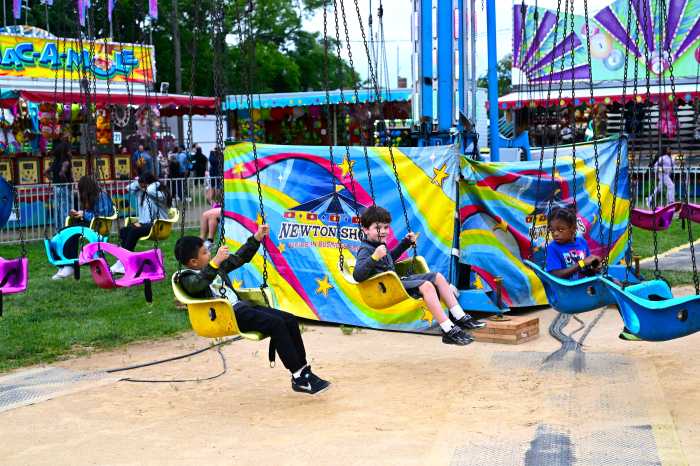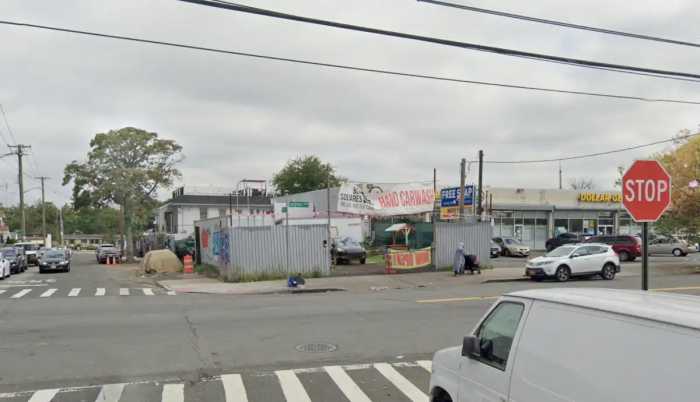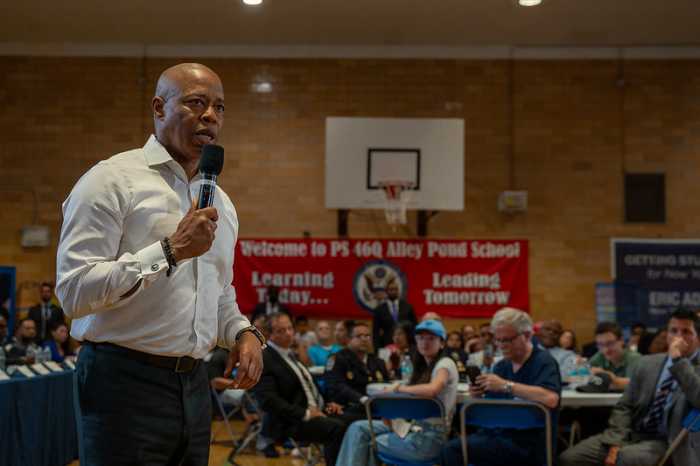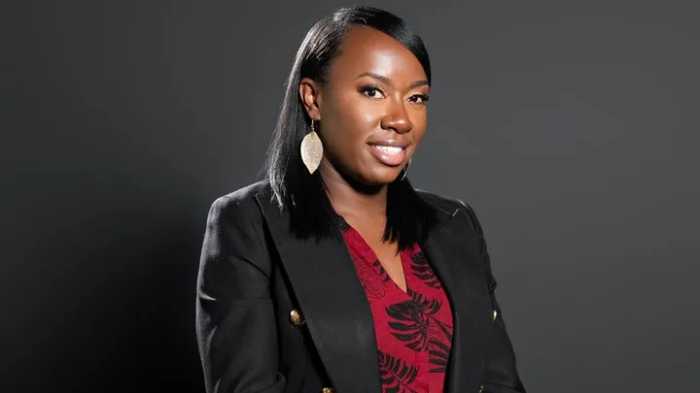By Philip Newman
Is the steepest fare increase in the 100-year history of the New York City transit system a foregone conclusion for the subway and bus-riding multitudes?
Transit activists from Queens and other parts of the city have answered with a resounding “no” and appealed to straphangers to stop resigning themselves to the idea and start fighting.
Gene Russianoff, an attorney for the Straphangers Campaign, a transit advocacy group, has exhorted the transit riding public to resist what many fear could be a MetroCard reprogrammed for $2.
“Speak up now or pay later,” Russianoff said.
Straphangers have heard little about what is probably the biggest local issue of all from Republican Gov. George Pataki and his challenger, Democrat Carl McCall, in the Nov. 4 election.
But Independent Party candidate Tom Golisano said Tuesday he was “strongly opposed to any fare increase.”
“New Yorkers have been taxed and tolled to death far too long,” said Golisano in a statement issued by his campaign communications director, Ernest Baynard.
Pataki’s spokesman, Michael McKeon, said the fact that the $1.50 fare has held for more than seven years was evidence of Pataki’s dedication to blocking a fare increase.
McCall accused the Pataki administration of withholding financial information about the Metropolitan Transportation Authority, which would have to approve a fare increase.
Neither Pataki nor McCall has pledged no fare increase.
Mayor Michael Bloomberg is less hesitant to broach the subject, having mentioned not only the prospect of a $2 fare but of the possibility of an express bus fare increase to $4 from $3.
Bloomberg keeps bringing up how cash-strapped New York is in the aftermath of Sept. 11, which occurred during an already weakening economy, and has suggested things are so bad the city might cut the $250 million it contributes to the nearly $5 billion transit budget.
Russianoff contends a fare increase would be wrong in the midst of an economic recession.
The subway and bus-riding public must make themselves heard, Russianoff said.
“The public needs to make phone calls, write letters and send faxes,” he said.
To that end, the Straphangers Campaign and Local 100 of the Transit Workers Union have placed advertisements in subway cars.
“New Yorkers won’t take a transit fare hike sitting down. Particularly when you can’t find a seat,” reads one poster.
Another placard depicts a man with his pockets turned out and the message: “Thanks to a possible fare hike, subway and bus riders may be traveling lighter this year.”
Russianoff has long campaigned about what he sees as two places New York City transit riders are short-changed:
New York City has 84 percent of the mass transit riders in New York state but gets only 63 percent of state financial aid for these users of public transportation.
Subway and bus fares in the city cover 60 percent of operating costs, while riders of the Long Island Rail Road generate just 44 percent of the LIRR costs and commuters on Metro-North provide 54 percent.
“I believe the public can stop a fare hike,” Russianoff said. “If they don’t speak now, they’re going to pay later.”
The Queens Civic Congress is among many organizations to appeal to Pataki to hold the fare at $1.50.
“Under the current financing scheme for mass transit, any fare hike would represent nothing less than a very regressive tax hike in excess of $750 on many New Yorkers who struggle to make ends meet,” said the Congress, a coalition of more than 100 civic, community, cooperative and tenant organizations in Queens.
Queens City Councilman John Liu (D-Flushing) addressed a “Save the Fare” rally at City Hall Sept. 25.
“This is the absolute worst time for any fare increase now that people are getting back to work and the economy is trying to recover,” said Liu, chairman of the City Council Transportation Committee. “It is, in many ways, a tax increase.”
When the subway system opened in 1904, the fare was a nickel, which endured for 44 years until it doubled to a dime in 1948. It has never doubled since then, but it has also yet to go up by 50 cents.
Reach contributing writer Philip Newman by e-mail at Timesledgr@aol.com or call 229-0300, Ext. 136.





































